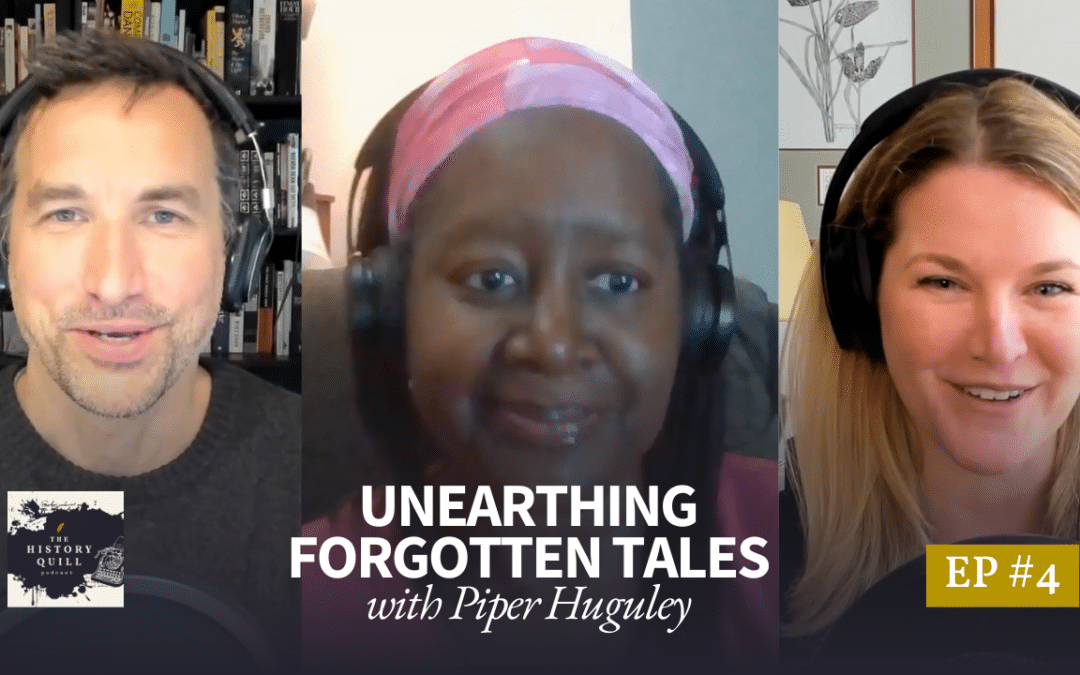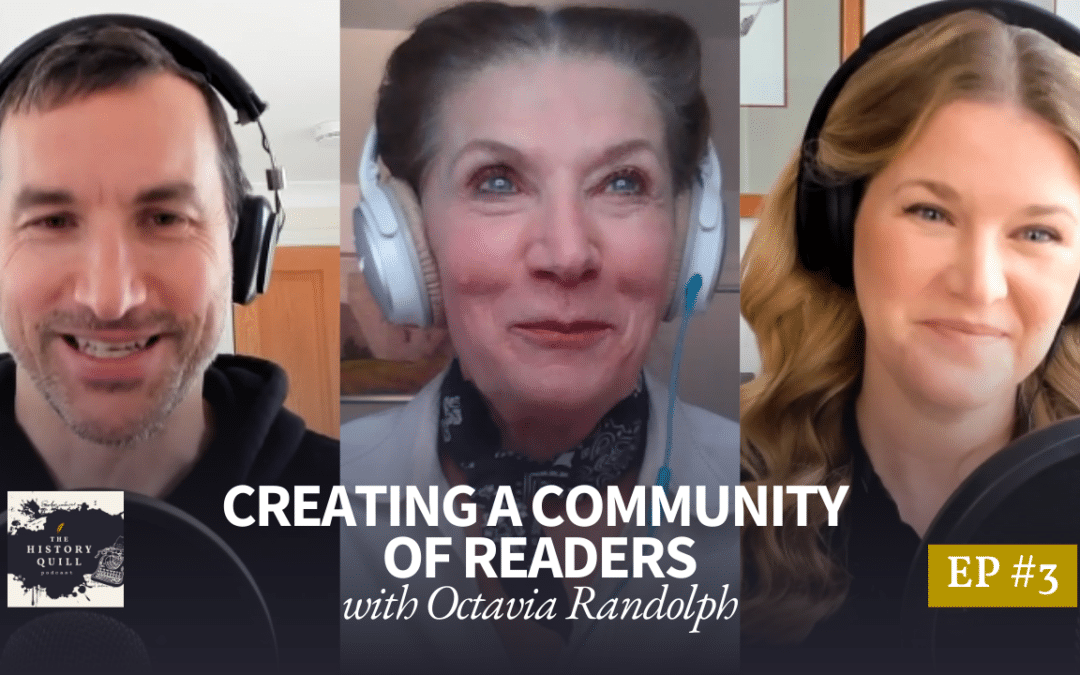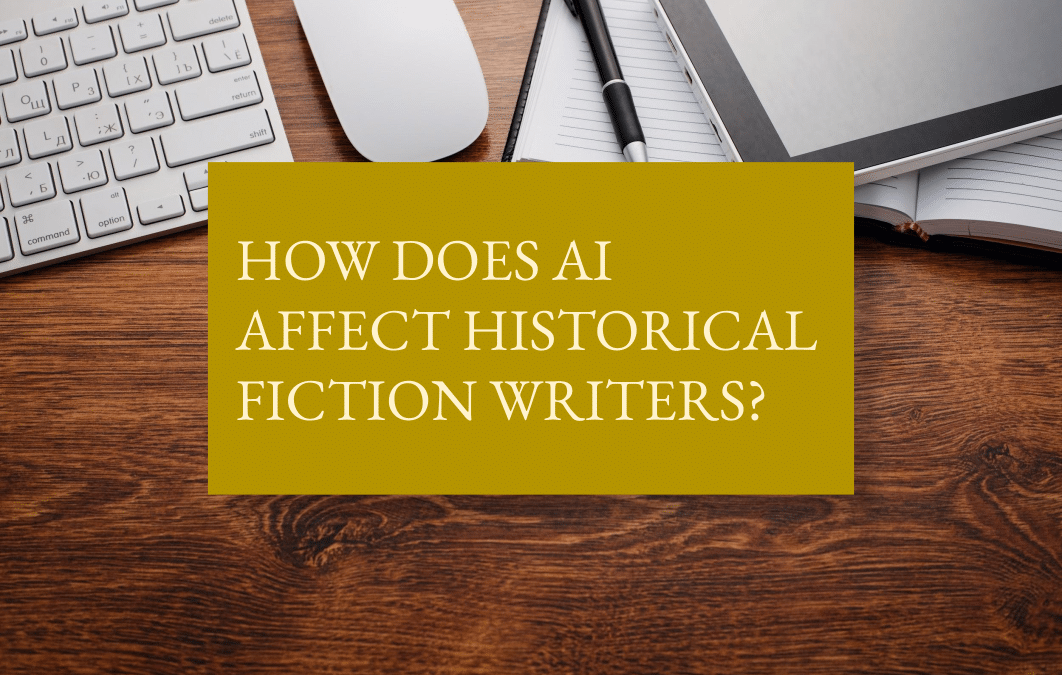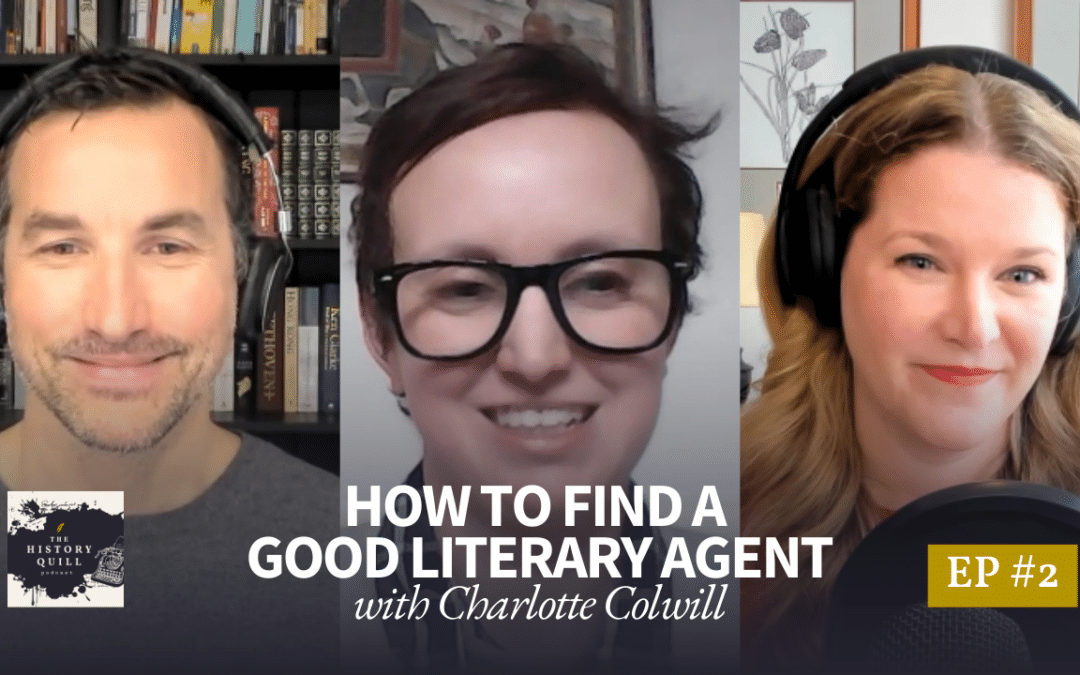


#4: Unearthing forgotten tales
Episode 4 Unearthing forgotten tales, with Piper Huguley 28 June, 2023 In this episode, hosts Theo and Julia are joined by author Piper Huguley to explore the power of historical fiction in uncovering hidden narratives, and the art of crafting compelling biographical...
How to write women with agency in historical fiction
Women are the primary buyers and readers of fiction today, so it’s unsurprising that many writers choose to center their historical novels on women characters. Not only is writing about women a savvy marketing decision, it’s also interesting—historical novels about...
#3: Creating a community of readers
Episode 3 Creating a community of readers, with Octavia Randolph 31 May, 2023 In this episode, hosts Theo Brun and Julia Kelly are joined by Octavia Randolph, author of the critically acclaimed Circle of Ceridwen Saga. With eleven books (and counting) set in 9th...
How does AI affect historical fiction writers?
If you’ve spent any time lurking on the web recently, you’ve probably come across the intellectual debacle that is ChatGPT. It’s an AI processing tool that can generate written content in seconds, and writers are… concerned.Is AI the death knell of human creativity?...
#2: How to find a good literary agent
Episode 2 How to find a good literary agent, with Charlotte Colwill 26 April, 2023 In this episode, hosts Theo Brun and Julia Kelly sit down with Charlotte Colwill, co-founder of the independent literary agency Colwill & Peddle, to discuss how both aspiring and...
Walk a mile in my shoes: immersive research for historical fiction
We all know how valuable research is for our writing, and don’t we just love the research! It’s so easy to get stuck into a book, visit a library, find just the right archive. But it’s also so easy to get sucked into the research, almost forgetting your original...
#1: Historical research and writing WW2 fiction
Episode 1 Historical research and writing WW2 fiction, with Madeline Martin 29 March, 2023 For our first ever episode of The History Quill Podcast, our expert hosts Theo and Julia are joined by New York Times and international bestselling author of WW2 historical...
Five book marketing mistakes to avoid
Marketing is not a dirty word. It is simply introducing people to your book. Nor does it require a six-figure budget and a legion of Mad Men type executives. Anything you do to tell people about your book is marketing. However, whoever said “There’s no...
